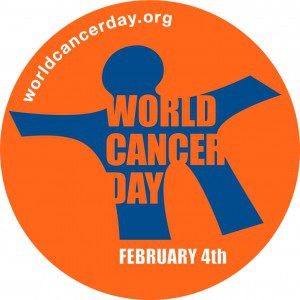Contents
The effects of treatments on fertility
Cancer treatments have made considerable progress in recent years and thus have improved the prognosis for many of them. However, they have common side effects on fertility of the women concerned. Radiotherapy in the pelvic region indeed causes permanent sterility if the ovaries are in the irradiation field. Chemotherapy, on the other hand, can disrupt the menstrual cycle depending on the drug used and the woman’s age, but it is still possible to return to normal fertility in more than half of cases. After 40 years, however, things get complicated, amenorrhea following chemotherapy increases the risk of premature menopause.
The means to prevent and preserve the possibility of a future pregnancy
Several techniques are used to preserve fertility after cancer. The most effective method is in vitro fertilization after freezing embryos, but it only applicable to women who are in a relationship is who have a desire for a child with their partner when they learn of their cancer. Another more common technique: egg freezing. It is offered to women who are of childbearing age. The principle is simple: after ovarian stimulation, a woman’s oocytes are removed and then frozen for future in vitro fertilization. Regarding breast cancer, “the preservation is only carried out once the young woman has been operated on for her cancer because we do not know what effects ovarian stimulation could have on the growth of the tumor,” explains Dr Loïc. Boulanger, gynecological surgeon at the Jeanne de Flandre Hospital of the Lille University Hospital. Then, if necessary, the patient undergoes chemotherapy. The last method, called Ovarian cryopreservation, is aimed at young girls who are not yet pubescent. It consists in removing an ovary or only a part and freezing it in the perspective of a possible transplant when the woman wishes to have children.
The risk of infertility, not sufficiently taken into account
“All these fertility preservation methods must be systematically discussed and offered to young women treated for cancer,” insists Dr. Boulanger. At the Lille University Hospital, a specific consultation has been set up, it even fits into the treatment plan for cancer ”. However, this is far from being the case everywhere in France, as this recent survey by the National Cancer Institute (Inca) highlights. Only 2% of women surveyed have received treatment to preserve their eggs and the use of these methods before initiating treatment was only proposed to one third of the respondents. These results can be explained in part by the lack of information from patients and doctors.
When to start pregnancy after cancer?
Professionals have long recommended to wait 5 years after the end of cancer treatments before starting a new pregnancy, but now this dogma is somewhat outdated. ” There is no unequivocal answer, it depends on the age of the woman, the aggressiveness of her tumor, Observe Dr. Boulanger. What we are trying to avoid is that the woman recurs during a possible pregnancy. Several studies have shown that pregnancy does not increase the risk of recurrence. However, the risk of relapse exists and it is greater than in a woman who has never had cancer.










